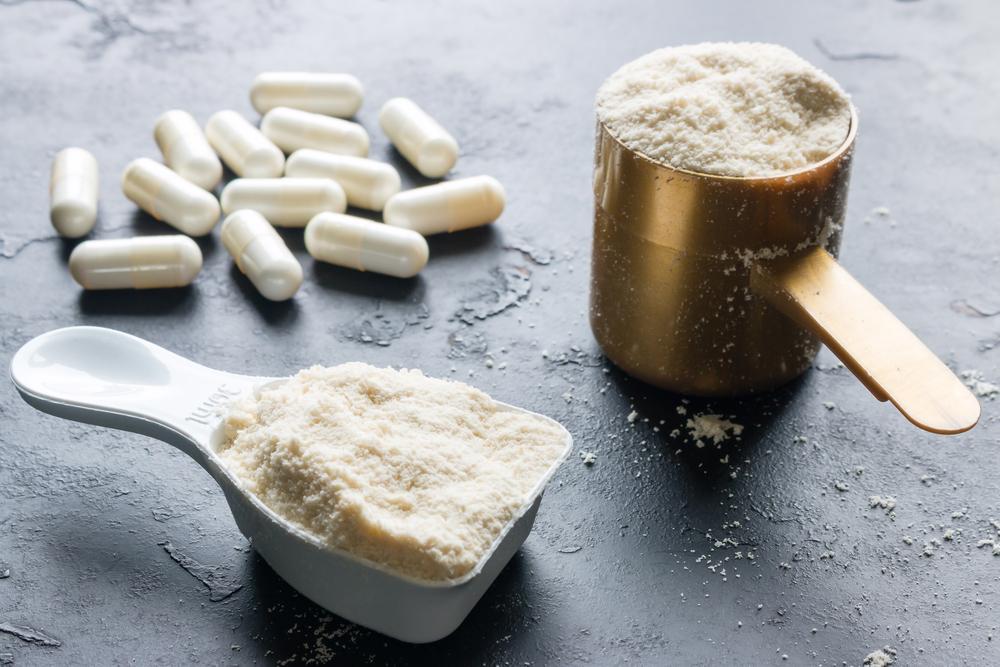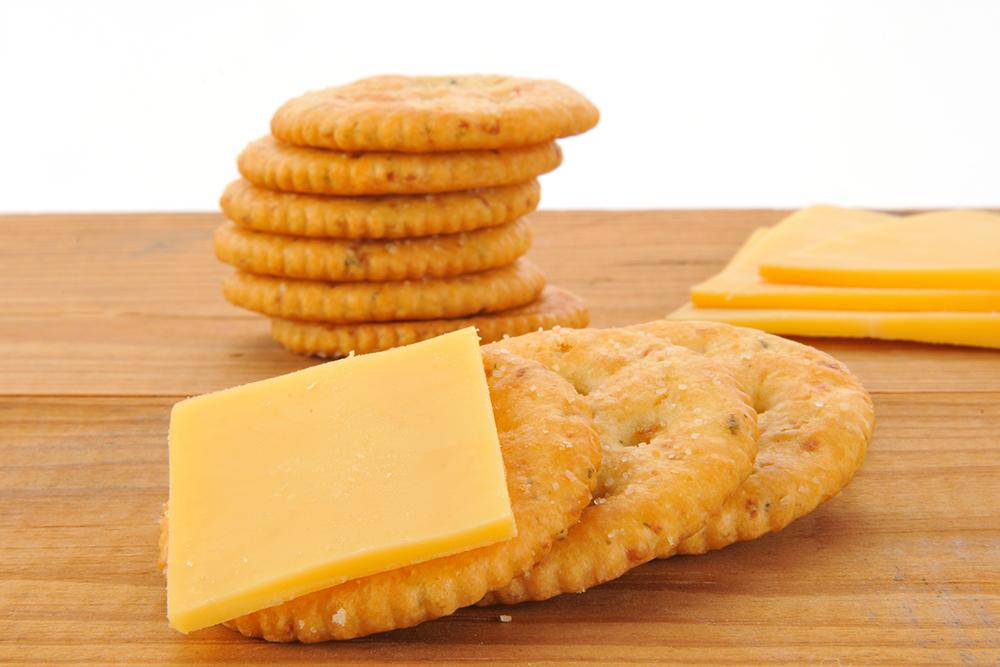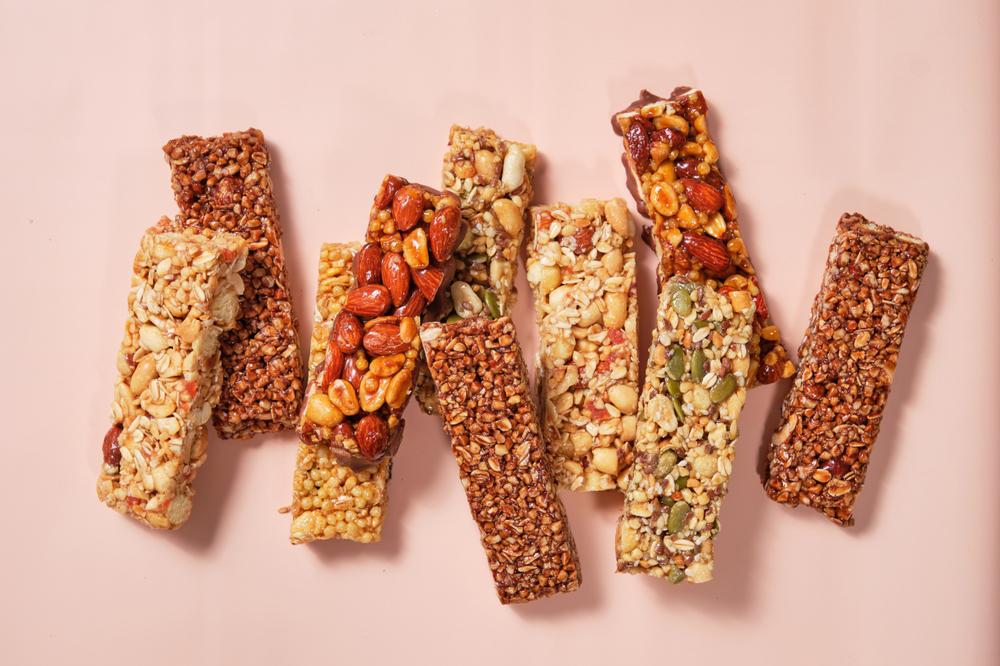 Content Warning: This article contains mentions of eating disorders.
Content Warning: This article contains mentions of eating disorders.
From after school sport practices, to full-day and weekend tournaments, young athletes need a lot of energy to power them through their days.
According to Sport Dietitian Mackenzie White, MS, RD, CSSD, LD, CSCS, young male and female athletes need adequate energy daily to fuel their bodies for their sport, reach growth potential, and prevent injuries.
Nutrition requirements for young athletes are determined by the type, intensity, and duration of the sport along with age, height, and weight. The type of food and timing of consumption is also necessary for young athletes, as well as their parents and coaches, to consider.
“Good nutrition is essential in the development of their bodies and brain function. It can potentially aid in the prevention of major health issues like diabetes, obesity, heart disease, cancer, and osteoporosis, so how young athletes fuel their bodies is extremely important,” adds White.
Here are five nutritional strategies your young athlete should avoid to ensure they aren’t deprived of the fuel and nutrients they need to compete at their best.
Detox Diets and Cleanses
Detox and cleansing diets have gained popularity with claims of cleaning your blood and eliminating harmful toxins from your body. However, there are no studies that suggest that these detox diets and cleanses aid in the elimination of any waste or toxins from the body.
The body naturally removes impurities from the blood, and with a functioning liver and kidneys, detox diets and cleanses are unnecessary. They usually do more harm than good, especially when it comes to a young, growing athlete.
If your athlete is concerned about cleansing their body of toxins, encourage them to drink water throughout the day to help with digestion and to promote normal bowel function. Young athletes can also opt for healthier food choices including fruits and vegetables for added nutrients.
Overly Processed “Health” Foods
Chemically processed foods are usually made from refined ingredients and artificial preservatives. These foods lack the proper nutrients a young athlete needs to stay active and can have adverse side effects on their health when consumed in excess.
Unprocessed, single-ingredient foods that contain no added chemicals are considered whole foods and are key to good health, as they provide the body with the nutrients it needs.
Oftentimes, it’s convenience that drives the consumption of overly processed foods, but making gradual changes to your grocery list can help shift your athlete’s view on healthy eating.
Try including your young athlete in the process by finding new recipes and preparing meals together to show them that making healthy choices is easier than they think.
Pre- and Post-Workout Supplements
Pre-workout drink mixes that boost energy for increased athletic performance and post-workout protein shakes that promise to help with recovery and build more lean muscle are growing in popularity. However, they can come with significant risks for young athletes.
Pre-workout supplements contain high amounts of caffeine and sugar, which can be extremely harmful, especially in the smaller bodies of young athletes. Some side effects of caffeine include vomiting, jitters, cramps, high blood pressure, and even cardiac arrest.
As for post-workout recovery shakes, consuming more protein than necessary doesn’t help athletes in terms of recovery, muscle synthesis, or metabolism.
White prefers young athletes to eat a snack or meal post-training as opposed to a protein shake. “The food can provide protein as well as other nutrients necessary for recovery.”
It’s also unlikely that young athletes need to consume a protein shake immediately after a training session, as they should be able to get their daily allowance of protein from well-balanced meals and snacks throughout the day.
Restrictive Diets
There are many popular trending diets that restrict specific foods, such as the Paleo diet (eating foods that humans ate when they first roamed the planet) and Ketogenic diet (reducing carbohydrate intake and replacing it with fat). Fat avoidance and calorie counting are also considered restrictive diets.
According to White, restricting the consumption of certain foods or daily energy intake negatively impacts a young athlete’s developing body and brain, and can cause nutrient deficiencies. These types of diets also promote an unhealthy relationship with food. When foods are seen as ‘good’ and ‘bad,’ many are left vulnerable to developing an eating disorder.
Inadequate consumption of healthy foods often leads to vitamin and mineral deficiencies, so teach your athletes by setting a good example with your own relationship with food. Kids typically model what you do, so think twice before you make a negative comment about your own eating habits and lead by example.
Intermittent Fasting
This trend can also be considered a restrictive diet, although it doesn’t restrict the types of foods you can eat. Instead, the focus is on adjusting eating patterns. Intermittent fasting involves a meal schedule with a specific range of time during which you eat your days’ worth of calories, followed by a period of fasting lasting between 16 and 36 hours. Fasting is said to increase insulin sensitivity, which leads to more effective fat burning and weight loss.
Young athletes should not be fasting because they need to keep their energy levels consistent throughout the day.
As White explains, “Following an intermittent fasting schedule is risky for young athletes. Long durations without food may cause inadequate energy consumption, which can potentially interrupt growth and development. It can leave an athlete feeling tired and weak and could force their bodies to break down muscle for energy. Instead, growing young athletes should eat three main meals and an additional eat one to three snacks as needed each day to provide a consistent flow of energy.”
_____
With new trending diets highlighted every year, it’s crucial to start the conversation about healthy eating habits with your athlete at an early age.
Help your athlete develop a healthy perspective on both nutrition and exercise by discouraging fad diets, skipping meals, and the use of dietary supplements. Instead, encourage them to be intentional about eating nutrient-rich foods, staying hydrated, and creating a recovery plan to get an adequate amount of sleep and rest.
In the end, simply combining healthy nutrition and recovery will help your athlete perform to their athletic potential.



